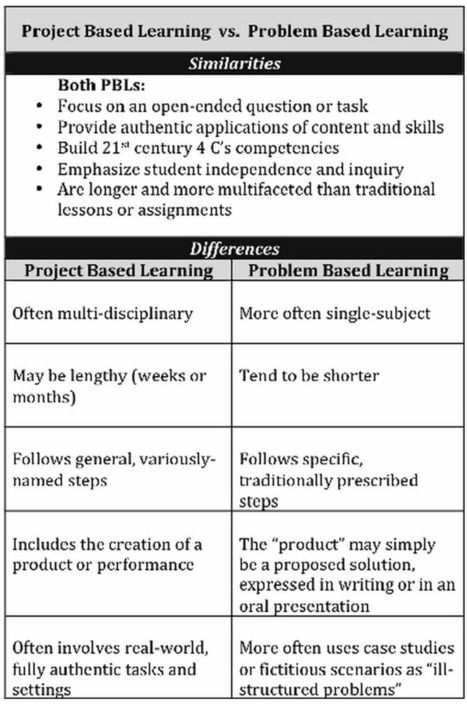"There are many different ways instructors can teach and work with online learners. This section highlights various methods of teaching and communicating with students in the online learning environment, and techniques instructors might use to actively engage remote learners and individualize instruction. Readers will also explore the educational technology that makes online teaching, learning, and collaboration possible ..."
Via Leona Ungerer



 Your new post is loading...
Your new post is loading...











